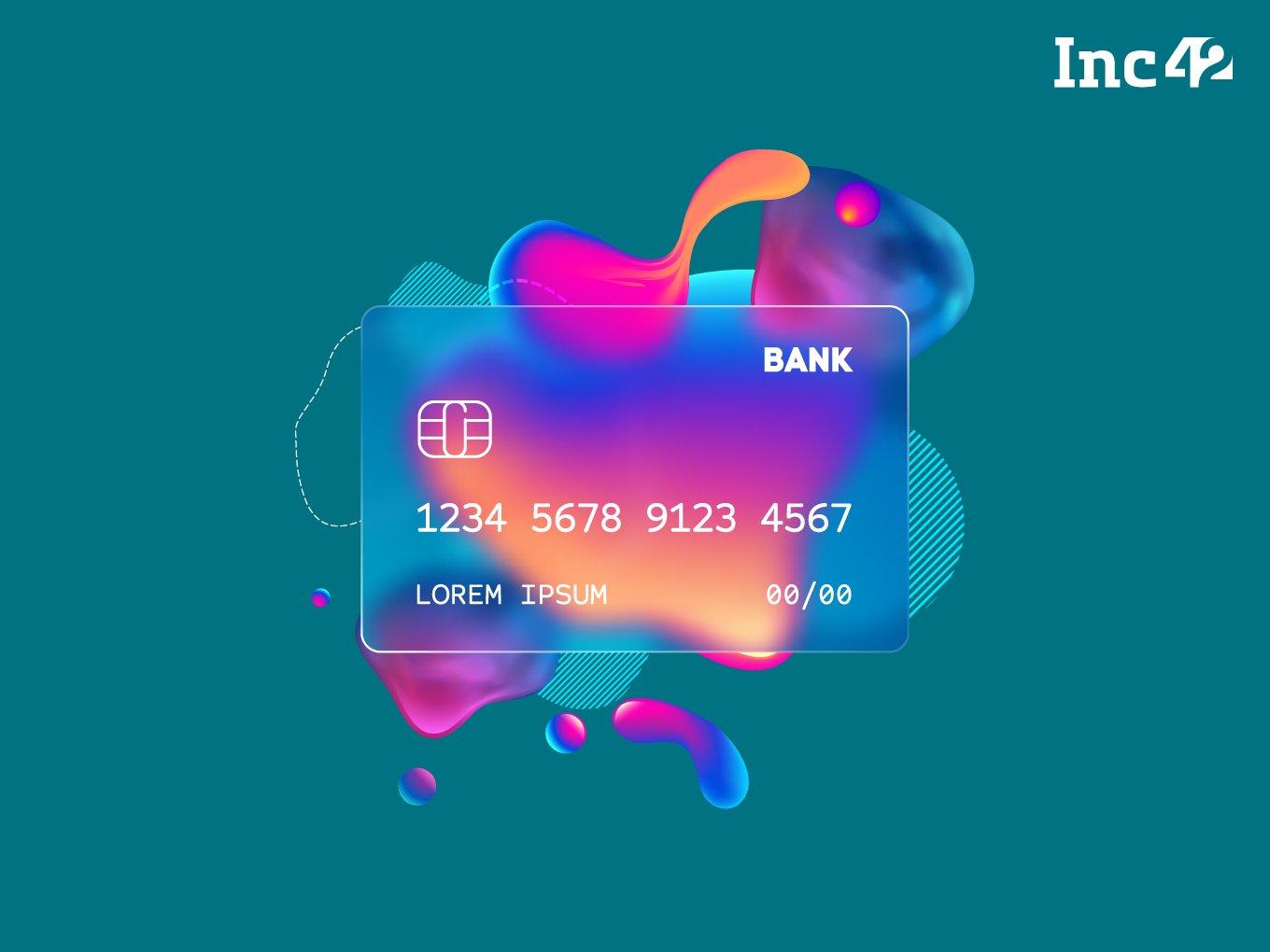What Are Virtual Cards?
Virtual cards, also known as single-use cards or burner cards, are temporary payment cards designed for one-time use. It is typically generated online by financial institutions or payment service providers for specific transactions.
These cards come with a unique set of details, such as card number, expiration date and CVV code, which are valid for a single transaction or within a limited time frame.
Are Virtual Cards Legal?
Yes, they are legal and are being provided by reputable financial institutions and payment service providers. They comply with financial regulations and offer an added layer of security for online transactions.
What Kind Of Transactions Can Be Made Using Virtual Cards
It can typically be used for a single transaction or within a limited scope specified by the issuer, such as a set time frame or spending limit. Once used or expired, it becomes invalid for further transactions. Some of the most common use cases involve:
- Online Shopping: Ideal for ecommerce purchases.
- Subscription Services: Manage recurring payments for services like streaming, software, or gym memberships.
- One-Time Use Transactions: Certain virtual cards are designed for single-use, enhancing security for one-off purchases.
- Travel Bookings: Suitable for online bookings of flights, hotels, and rental cars.
- Bill Payments: Can be used for online payments of utilities, phone, or internet services.
- Business Expenses: Employed by businesses to manage employee spending, track expenses, and control specific purchase categories.
- Mobile Wallet Integration: They can often be added to mobile wallets for contactless in-store payments.
- Limited Exposure Transactions: Ideal when the security of a website or merchant is uncertain, minimizing the risk of fraud.
Customisable Spending Limits & Restrictions: Many virtual cards offer the option to set spending limits or restrict usage to specific transaction types or merchants.
Can It Be Used For Recurring Payments?
In most cases, virtual credit cards might not be suitable for recurring payments since they are often designed for one-time or limited use. However, some providers may offer those cards that support recurring payments within specific parameters.
Global virtual cards or similar services largely depend on individual experiences and preferences. Reviews or feedback from users who have utilised these services can offer insights into their reliability, security and convenience.
Are There Any Indian Startups Offering Virtual Cards?
Yes, several Indian startups offer virtual card services to customers in India. Some of them include:
Open Money: India’s 100th unicorn, Open Money offers virtual debit cards for businesses and functions like prepaid cards for business expenses. The startup has also partnered with credit card providers to offer virtual credit cards with credit limits and reward programmes.
Niyo: It offers various financial services, including virtual cards, to help manage expenses, make online transactions and provide a seamless banking experience.
Slice: Slide provides a credit card alternative in the form of a virtual card targeted at younger demographics. It offers personalised spending limits, budgeting tools and rewards.
Zeta: It offers a wide range of digital payment solutions, including virtual cards, for businesses and individuals to simplify transactions and expenses management. The startup turned profitable in FY23.
Are There Any Regulations Around Virtual Cards In India?
Yes, there are regulations in India governing virtual cards. The Reserve Bank of India (RBI) regulates virtual cards, and these regulations may include guidelines on issuance, usage, security, and transaction limits. Banks and financial institutions offering virtual cards must comply with RBI’s guidelines and ensure adherence to Know Your Customer (KYC) norms for users.








